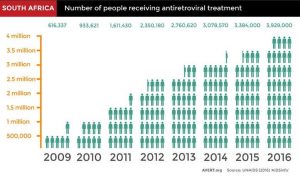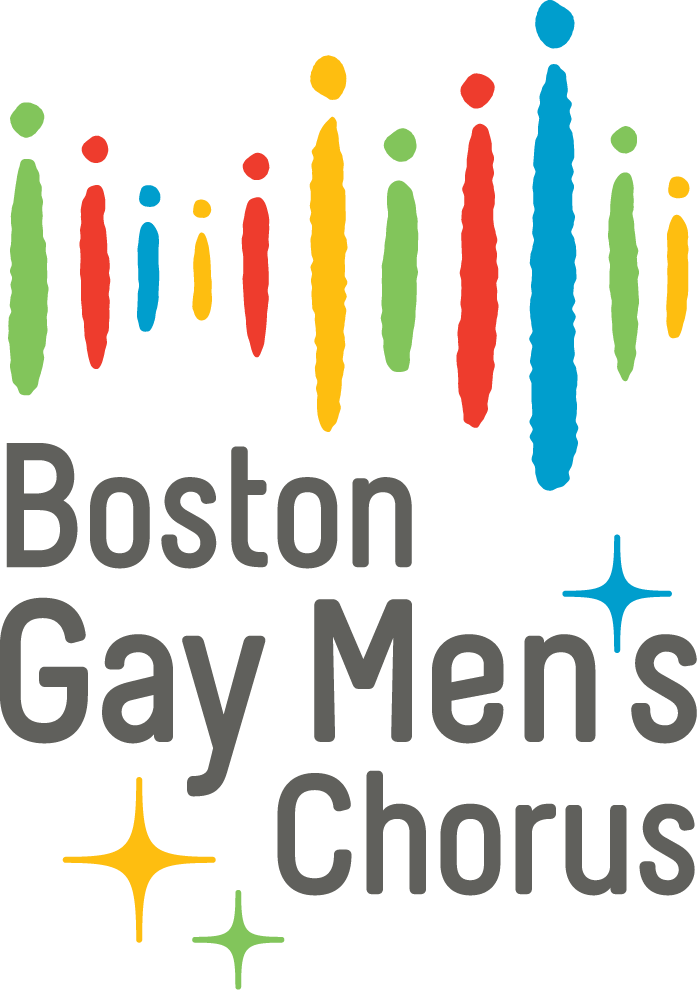 Do you know what you’ll be doing on June 22?
Do you know what you’ll be doing on June 22?
We’ll be raising money to fight HIV by contributing proceeds from our concert that night at the Hugo Lambrechts Music Centre in Cape Town to the Triangle Project, which advocates for LGBTQ South Africans by focusing on their health and civil rights.
Although South Africa ranks 25th in the world in terms of population, one in five of everyone in the world with HIV resides in South Africa. All told, 7.1 million South Africans are living with HIV. As in the United States, gay and bisexual men and transgender women are among those most affected by HIV. Nearly 27 percent of men who have sex with men in South Africa are living with HIV, yet transgender women are twice as likely to have HIV than gay and bisexual men.
Although South Africa specifically outlaws anti-LGBTQ discrimination in its constitution and has evolved into the most LGBTQ-friendly country on the continent, anti-gay stigma, prejudice, and violence persist. This discrimination can even be found in the health care system, which blocks efforts to prevent the spread of HIV among gay and bisexual men.
In January, the South African Journal of HIV Medicine published a report illustrating the problem. A healthcare worker from Mahikeng, the capital city of the North-West Province of South Africa near the Botswana border, told researchers that homosexuality was a mental illness:
“This thing of same-gender sex usually appears in psychotic patients, patients who are … ill. They are the ones you normally hear cases of them sleeping with one another, but in normal people it doesn’t happen … The aim is to prevent intolerable behaviour, that’s our aim … trying to discourage all the inappropriate behaviours.”
In the same study, a patient from Bloemfontein, the capital city of the province of Free State of South Africa and the seventh largest city in South Africa, described the abusive, moralizing tone he has encountered with certain providers:
“There’s also discrimination whereby you find these old kinds of nurses who don’t have this knowledge about gays and lesbians … when you go to clinics and then maybe let’s say you have an STI or something. They then start calling you names, and saying ‘Guys don’t sleep with guys, why do you do that? … Boys don’t sleep together.’”
Despite this, the country is still a leader in fighting HIV. In 2015, South Africa became the first African country to approve the use of the HIV-prevention pill PrEP. New infections have decreased by 49 percent since 2010, and AIDS-related deaths have declined by 29 percent. And last year, the country released a comprehensive strategy to combat the spread of HIV, much like the United States’s National HIV/AIDS Strategy released in 2010. The South African plan includes, for the first time, initiatives aimed specifically at reducing the prevalence of HIV in the LGBTQ community.
As a gay men’s chorus whose founding coincided with the start of the AIDS epidemic, which claimed the lives of many BGMC members—including our founder Josef Bevins—supporting individuals affected by HIV and organizations working to eradicate it has been a core part of our work from the very beginning. We’re proud and grateful to have the opportunity to contribute to efforts to end the spread and the scourge of HIV in South Africa.
